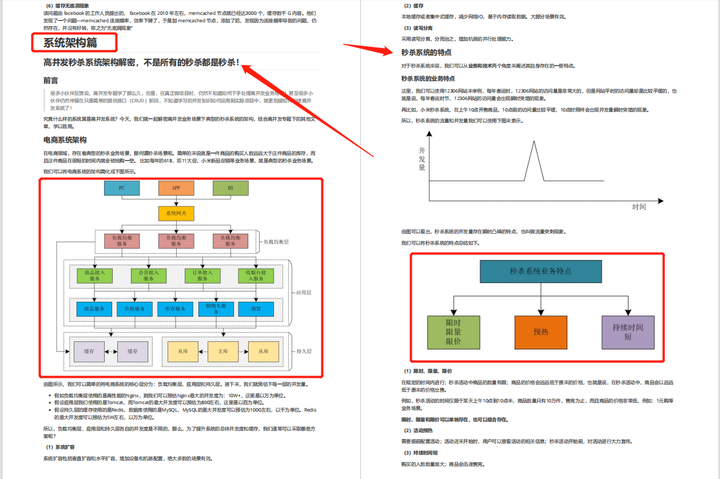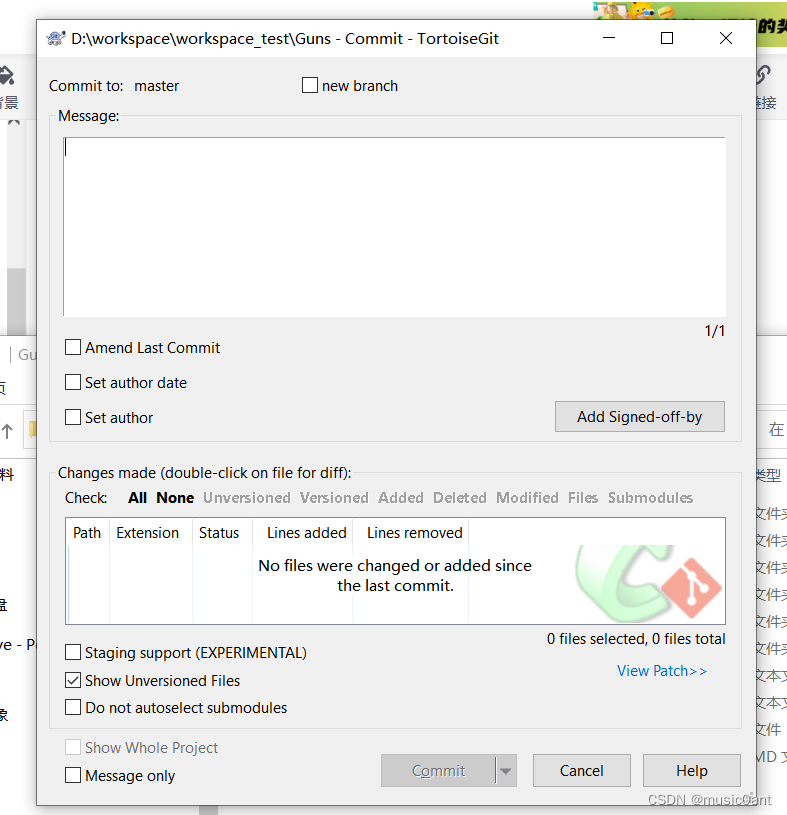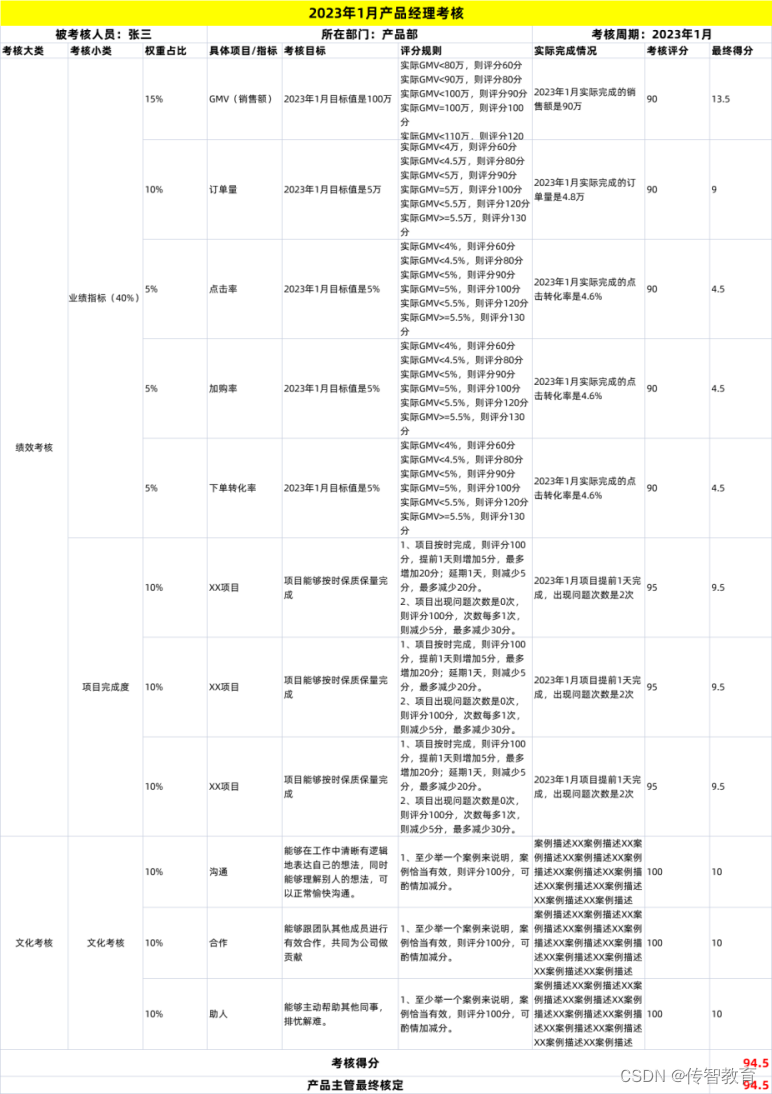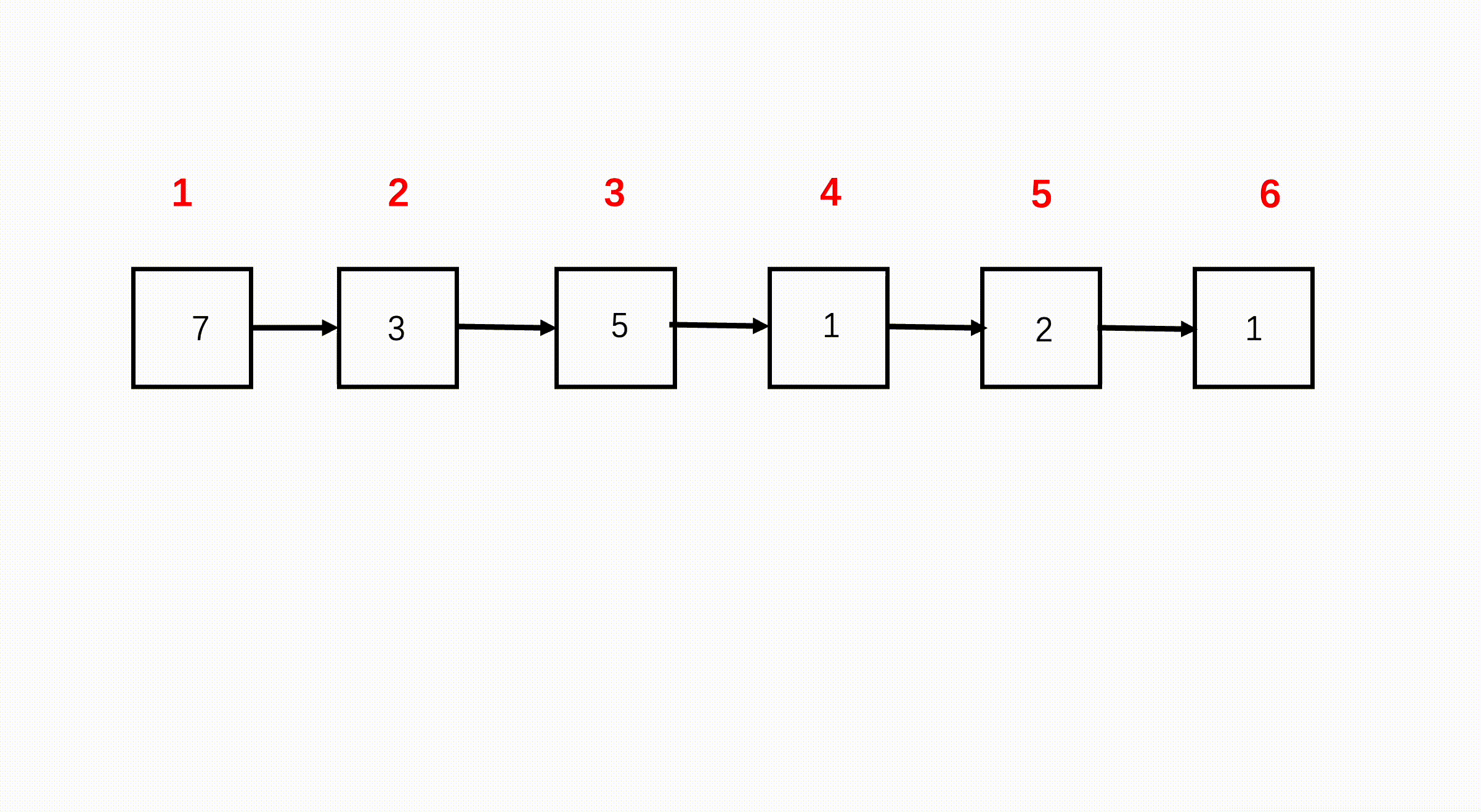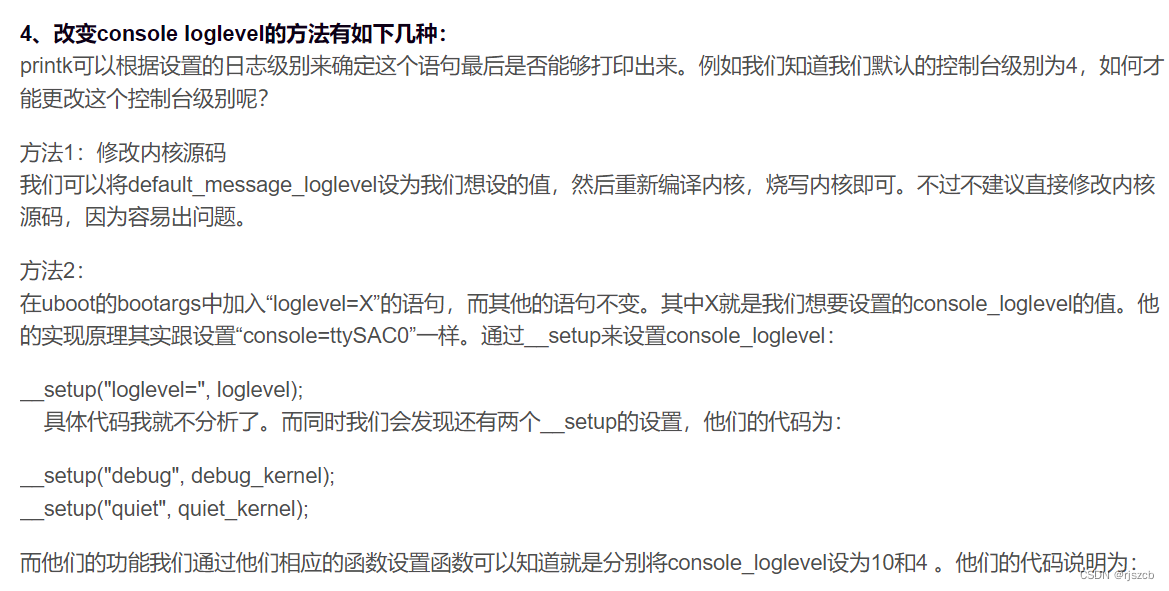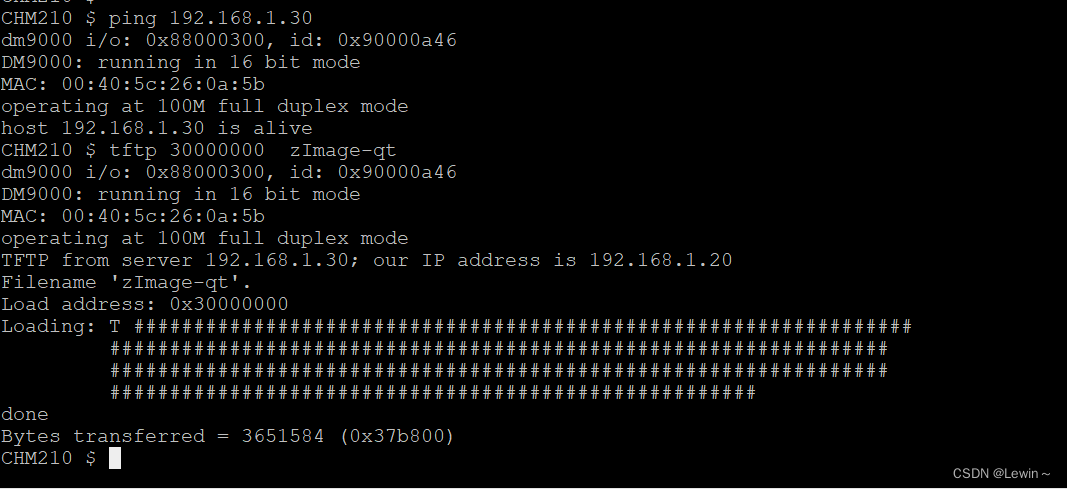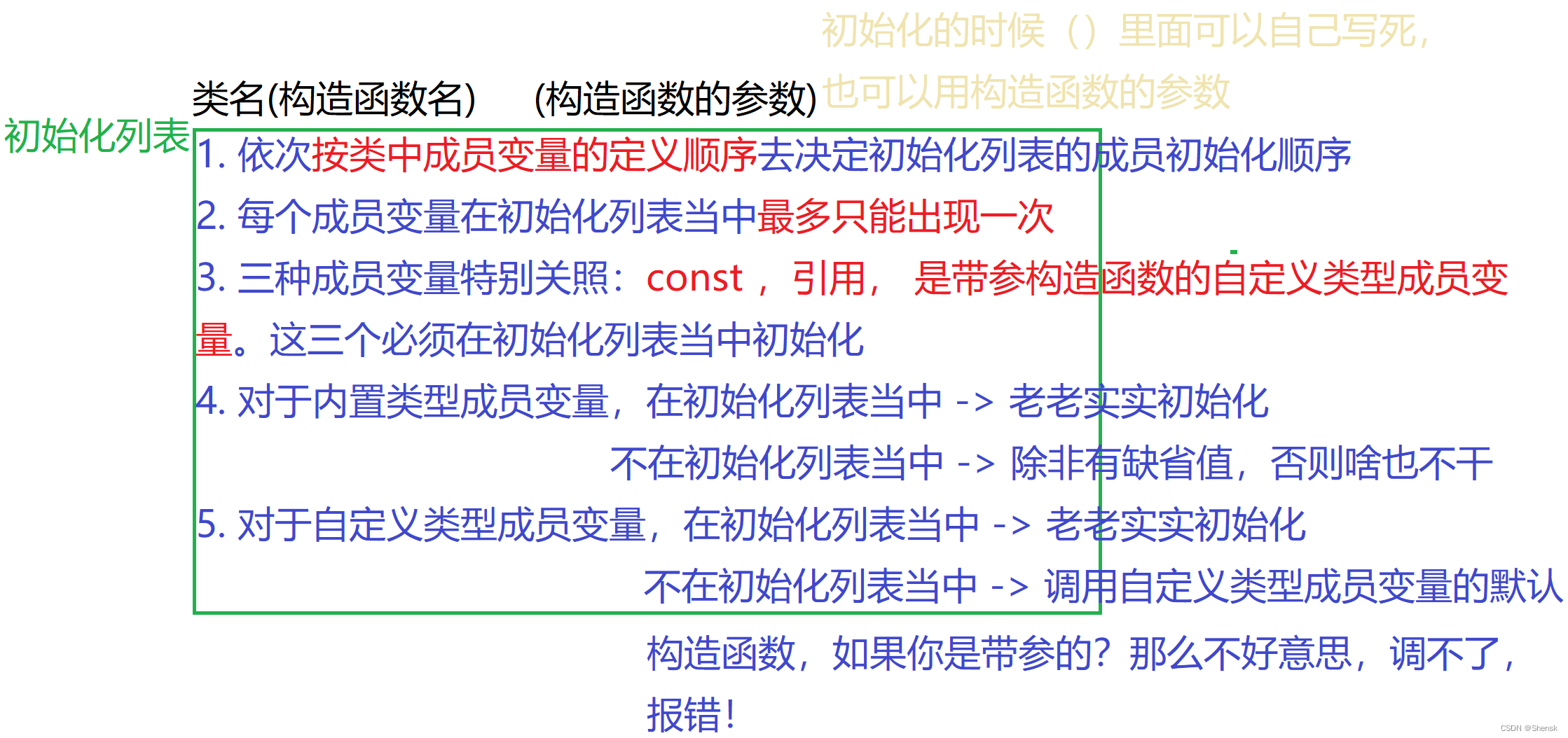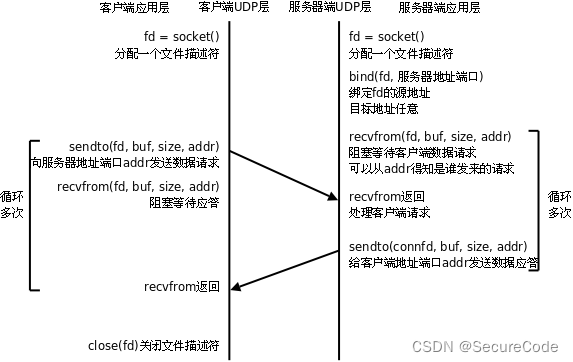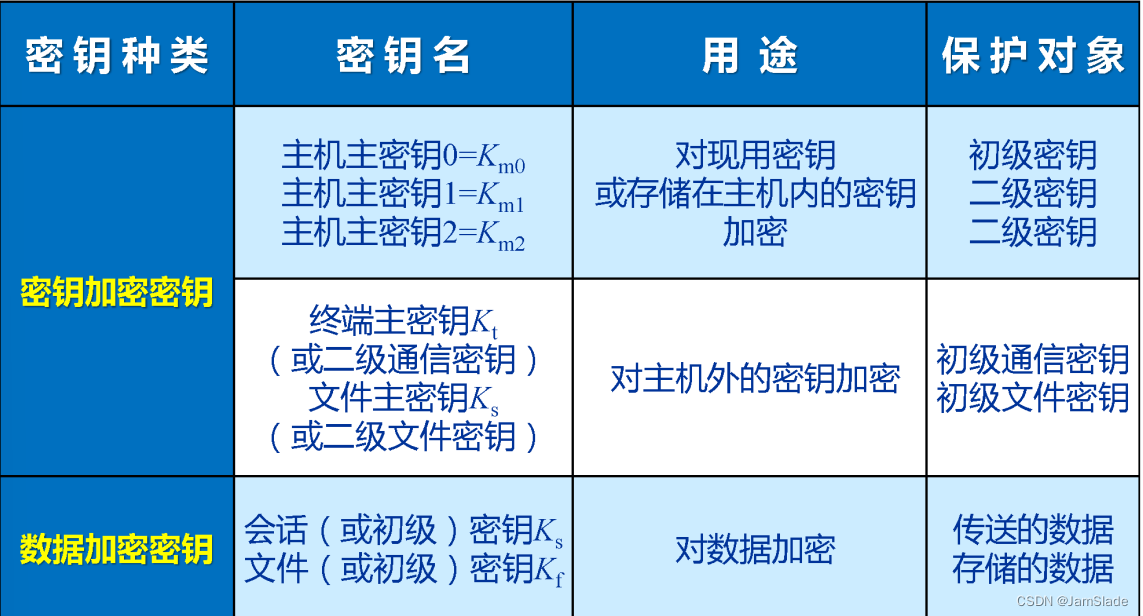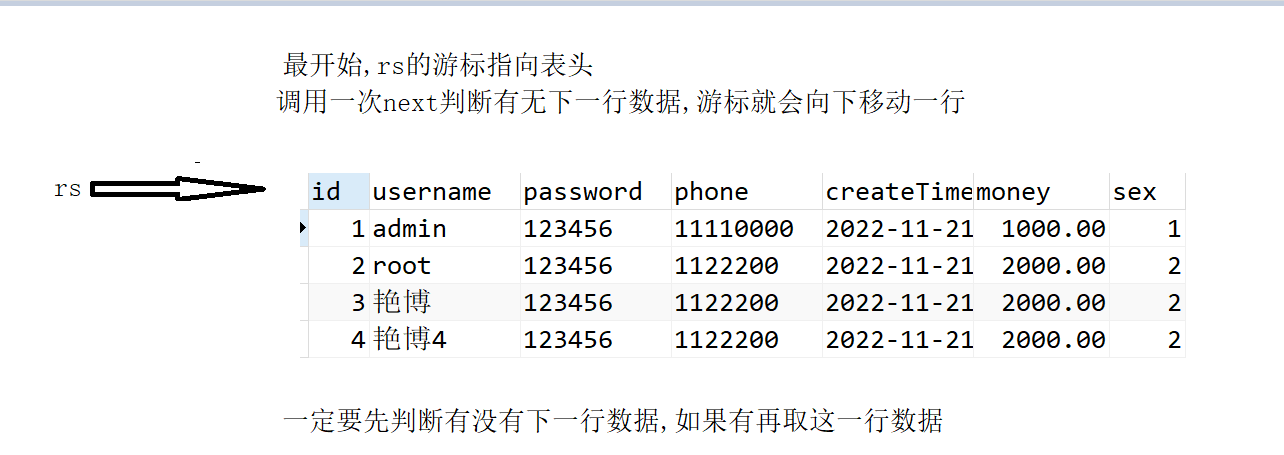2.4.转页
2.4.1.内部转页 forward
2.4.1.1.转页配置
在 配置文件 resources > application.properties 中可以找到转页的配置信息,
这些是SpringBoot的默认配置, 是可以省略不写在配置文件中的

2.4.1.2.准备页面
在 resources 文件夹下 创建新文件夹 templates , 这个文件夹是springboot默认存放模板页面的文件夹
在文件夹下建立 目标页面 ref.html

同样 在创建文件时, 同时创建了所属的文件夹,
当然也可以分开创建 , 文件夹 Directory

创建后, 添加一句 “hello spring boot”
<!DOCTYPE html>
<html lang="en">
<head>
<meta charset="UTF-8">
<title>Title</title>
</head>
<body>
hello spring boot
</body>
</html>
2.4.1.3.在方法中添加转页
方法是通过返回值来进行转页的, 添加新的方法
String 返回类型对应的返回值 就是 转页路径, 本例中应该是 templates > ref.html
@RequestMapping("/test/test02")
public String test02(){
System.out.println(" controller 中的测试方法 test 02 ");
return "转页的路径";
}
2.4.1.4.得到页面路径
通过 菜单选择项得到 页面路径
文件上 右键 > Copy Path… > Path From Source Root 将路径复制到剪切板上

将 信息 替换 返回值,
注意要 掐头( templates/ ) 去尾 ( .html ) 因为这些信息已经在配置文件中指定了
@RequestMapping("/test/test02")
public String test02(){
System.out.println(" controller 中的测试方法 test 02 ");
return "ref";
}
2.4.1.5.测试
重新启动项目, 在浏览器地址栏输入URL : http://localhost:8080/test/test02
看到 ref.html 页面上添加的信息, 测试成功

2.4.2.重新定向 redirect
就是方法执行后, 不是返回页面, 而是跳转到别的方法里, 继续执行
2.4.2.1.添加新的方法
添加测试方法 test03
返回值 增加
redirect:关键字后面是新的请求URL, 本例是 test02,
如果当前方法的请求前缀与重新定向的方法前缀相同( 本例 前缀为 /test ), 可以省略
特别注意 “:” 与后面的URL之间不能有空格
@RequestMapping("/test/test03")
public String test03(){
System.out.println(" controller 中的测试方法 test 03 ");
return "redirect:test02";
}
2.4.2.2.测试
重新启动项目, 在浏览器地址栏输入URL : http://localhost:8080/test/test03
看到 ref.html 页面上添加的信息, 注意URL又从 test03 跳转 成 test02, 说明依然还是 test02 方法转页的

但在idea控制台能看到两个方法被 依次执行

2.4.3.简单转页
当 只是简单的进行转页, 没有具体业务代码时, SpringBoot 提供了简单的转页方式
注意 :
类上加 注解 @Configuration说明这是一个配置类, 项目启动时会优先读取类中的配置信息
类 实现
WebMvcConfigurer接口 , 并覆盖addViewControllers()方法通过传入
ViewControllerRegistry类型的参数, 来实现内部转页, 重新定向
package com.yuan.config;
import org.springframework.context.annotation.Configuration;
import org.springframework.web.servlet.config.annotation.ViewControllerRegistry;
import org.springframework.web.servlet.config.annotation.WebMvcConfigurer;
@Configuration
public class WebMvcConfig implements WebMvcConfigurer {
@Override
public void addViewControllers(ViewControllerRegistry registry) {
// 内部转页
registry.addViewController("/").setViewName("start");
// 重新定向
registry.addRedirectViewController("/test03", "/");
}
}
2.4.4.页面发请求的三种方式
在 resources > templates 文件夹下 增加新的页面 start
<!DOCTYPE html>
<html lang="en">
<head>
<meta charset="UTF-8">
<title>Title</title>
</head>
<body>
welcome start <br>
</body>
</html>
由于 在 WebMvcConfig 配置类 配置了默认请求 “/” 转到 start.html, 所以启动项目后默认打开 start页面

2.4.4.1.<a> 超链接
在start.html 里增加 超链接 , 通过 href 属性 对 test02 发请求, 转页到 ref.html页面
<!DOCTYPE html>
<html lang="en">
<head>
<meta charset="UTF-8">
<title>Title</title>
</head>
<body>
welcome start <br>
<a href="/test/test02">test02</a> <br>
</body>
</html>
重启项目, 浏览器上可以看到超链接

点击超链接测试, 可以转到ref.html页面

2.4.4.2.form表单
在 start.html 里增加 表单, 通过 action 属性 对 test02 发请求, 转页到 ref.html页面
<!DOCTYPE html>
<html lang="en">
<head>
<meta charset="UTF-8">
<title>Title</title>
</head>
<body>
welcome start <br>
<a href="/test/test02">test02</a> <br>
<form action="/test/test02" >
<input type="submit" value="提交">
</form>
</body>
</html>
重启项目, 浏览器上可以看到表单的 submit 提交按钮

点击提交按钮, 可以转到ref.html页面

2.4.4.3.location.href
在 start.html 里增加 按钮 , 通过 按钮的 onclick单击事件 调用函数,
从而通过 location.href属性 对 test02 发请求, 转页到 ref.html页面
<!DOCTYPE html>
<html lang="en">
<head>
<meta charset="UTF-8">
<title>Title</title>
</head>
<body>
welcome start <br>
<a href="/test/test02">test02</a> <br>
<form action="/test/test02" method="post" >
<input type="submit" value="提交">
</form>
<button type="button" onclick="fn()" >按钮</button>
</body>
<script type="text/javascript" >
function fn() {
window.location.href = "/test/test02"
}
</script>
</html>
重启项目, 浏览器上可以看到按钮

点击按钮, 可以转到ref.html页面


